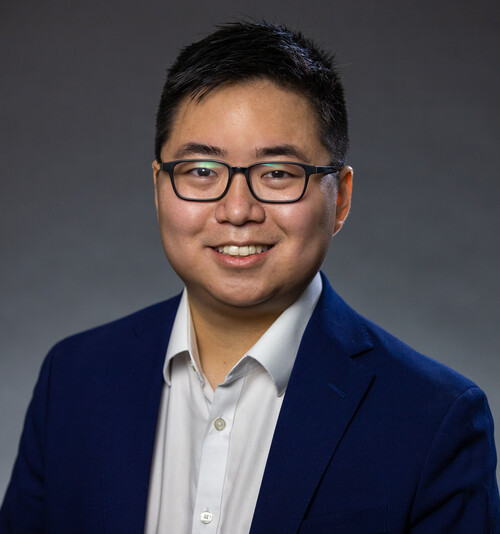Harim Won

Every year, more than 10 million people are diagnosed with tuberculosis (TB) worldwide. About 1.4 million people die from the disease. As is often the case with infectious diseases, TB disproportionately impacts those in poor countries and the Global South. The World Health Organization (WHO) calls the disease an “epidemic” and endorses the United Nations’ Sustainable Development Goal of ending it by 2030.
“If you look back through history, TB is one of the biggest killers in terms of infectious diseases,” says 2022 Harvard Horizons Scholar Harim “Harry” Won. “It’s taken over a billion lives in the past 140 years. That astounding toll on humanity is a big part of what motivates my work.”
Although TB is both preventable and treatable, resistance to traditional therapies is growing. The WHO calls multidrug-resistant TB “a public health crisis and a health security threat,” citing a 10 percent increase in cases from 2018 to 2019. Won’s Harvard Horizons project, “Targeted self-degradation as an antibiotic strategy for tuberculosis: Making the trash take itself out,” describes a new approach to treating the disease: by targeting and destroying critical parts of TB’s cellular “machine.”
Cells need proteins to operate. Themselves tiny molecular machines, each type of protein has a specific job to do. As they age, though, proteins can malfunction, causing damage to cells. When this happens, enzymes called proteases break down the old proteins and recycle their basic building blocks for use in new ones.
“Proteases are a class of proteins whose responsibility it is to chew up the misfolded, broken, or old proteins and break them down for recycling,” Won explains. “They function as molecular scissors or a sort of garbage disposal.”
The cells of bacteria like the strain that causes TB also need proteins to function. Won wants to use proteases to break down those proteins so that the TB cells die—and the infected person lives.
“Think of a pocket watch,” Won says. “If we took the mainspring and totally destroyed it, the machine would stop. In the same way, if we could take proteases and make them degrade the proteins that TB cells need to live, that would hopefully kill the bacterial cell and stop disease progression.”
This strategy of drug development is called targeted protein degradation (TPD), a relatively new way of treating disease. Using TPD, Won and his colleagues at the Harvard T.H. Chan School’s Rubin Lab are trying to engineer a drug molecule that would essentially "stick" a protease together with a protein that TB cells need to survive. The protease would then do its work, grinding up the proteins. The major obstacle for Won’s team now is finding the right protein to target.
“You can pop off the cover of a pocket watch and it would still function,” Won explains, “but you couldn't remove the mainspring. In the same way, there are around 4,000 proteins in a TB cell, but there are only about 500 of those that the cell needs to survive. All we really need is one among that 500 that we could disrupt to kill the cell. We're screening proteins now to find it.”
Won’s team screened protein to find their TB killer. He says they came up with “some promising leads” and are another step closed to developing a new treatment.
“We have found that when we target a couple different proteins for self-degradation by mycobacteria,” Won says, “we see profound growth inhibition on solid media. Now the challenge is screening for the chemical binders from which we can construct a targeted degrader, beginning the lengthy drug development process.”
Won cites his mentor, Dr. Eric Rubin, and his colleagues at Harvard Griffin GSAS, for their support of his work on TB. After graduation, he hopes to join a venture capital firm and use his scientific training to advise companies developing breakthrough therapeutics.
“My graduate training at Harvard has given me the skills to be a bacterial geneticist,” he says. “At the most fundamental level, though, it’s taught me how to ask good questions—and find the answers. Along the way, the people of Harvard Griffin GSAS have given me every tool and resource I need for success and have made me feel I belong, even far away from home. Now, I think the best way to use these gifts is to pursue those questions which repair our world—for me, that lies in the process of developing new treatments for devastating diseases.”

